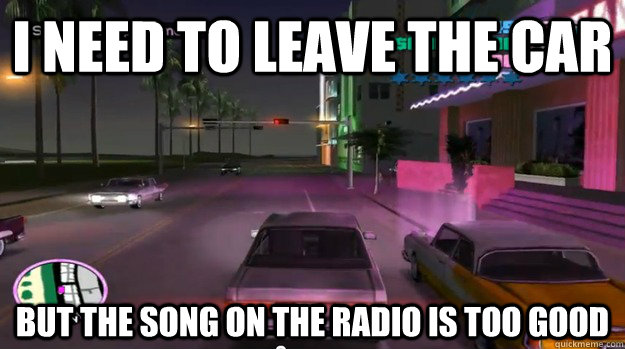I wrote:The importance of aesthetics in high-immersion games rises, because, precisely due to the mechanical changes needed to bring about the immersion increase, they've become part of the mechanics.
So it's not that aesthetics suddenly become more important than mechanics; it's just that, because a wider RANGE of aesthetics are now coming into play and can be mechanically manipulated, and to a greater degree, it appears as if aesthetic considerations matter a great deal more. In effect, the mechanics have become invisible...
This is one of the very last articles to be published in the Videogame Culture book, and it will deliver a great many more points beside this. But this will be among the most significant (except if I end up delivering it earlier, in the Aesthetics & Mechanics essay, for example, or perhaps I'll end up fusing the two and writing them as one).
Meanwhile, the rest of the internet is still stuck on the gameplay essay, lol.

